By: Khaliq Ebrahimi
Translated by Mohamad Sakhi Rezaie
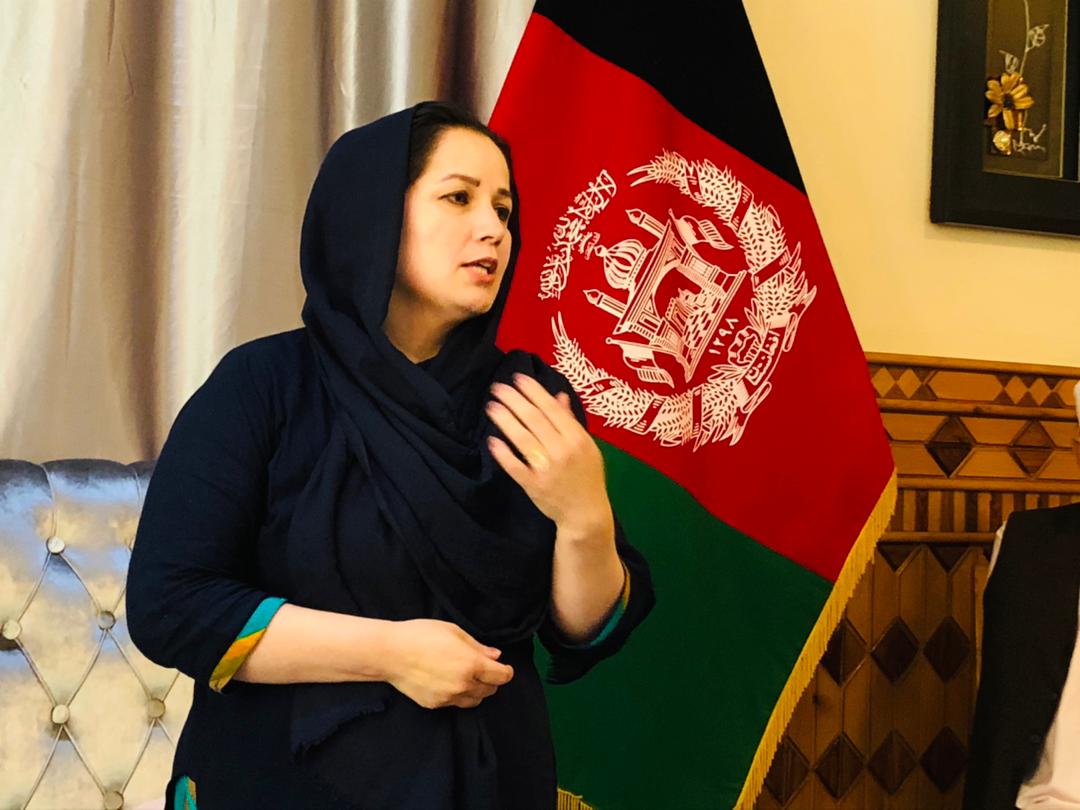 Salima Nikbin, in the second wave of escaping from the Taliban rule, was only able to reach Pakistan with her husband and children. A place that sheltered her and her family in the first round of the Taliban regime. In Islamabad, the capital of Pakistan, she did not sit idle until she is granted “resettlement” and she has continuously tried and sued for immigrant children and women. Sailma recalls that in the late 1990s, the biggest issue for Afghan immigrants was access to quality education services.
Salima Nikbin, in the second wave of escaping from the Taliban rule, was only able to reach Pakistan with her husband and children. A place that sheltered her and her family in the first round of the Taliban regime. In Islamabad, the capital of Pakistan, she did not sit idle until she is granted “resettlement” and she has continuously tried and sued for immigrant children and women. Sailma recalls that in the late 1990s, the biggest issue for Afghan immigrants was access to quality education services.
When she enrolled her children in a school for Afghan immigrants in Islamabad, she encourages the principal to open a new branch of this school in Sadiqabad area of Rawalpindi. The place where Salima lived and studied for six years. She has also activated the overseas branch of Esteghlal and Malali High School there. Nikbin says that the newly created school is supposed to provide educational services to two thousand Hazara families and about 500 families from other ethnic groups. In its first year of operation, it has more than 400 students.
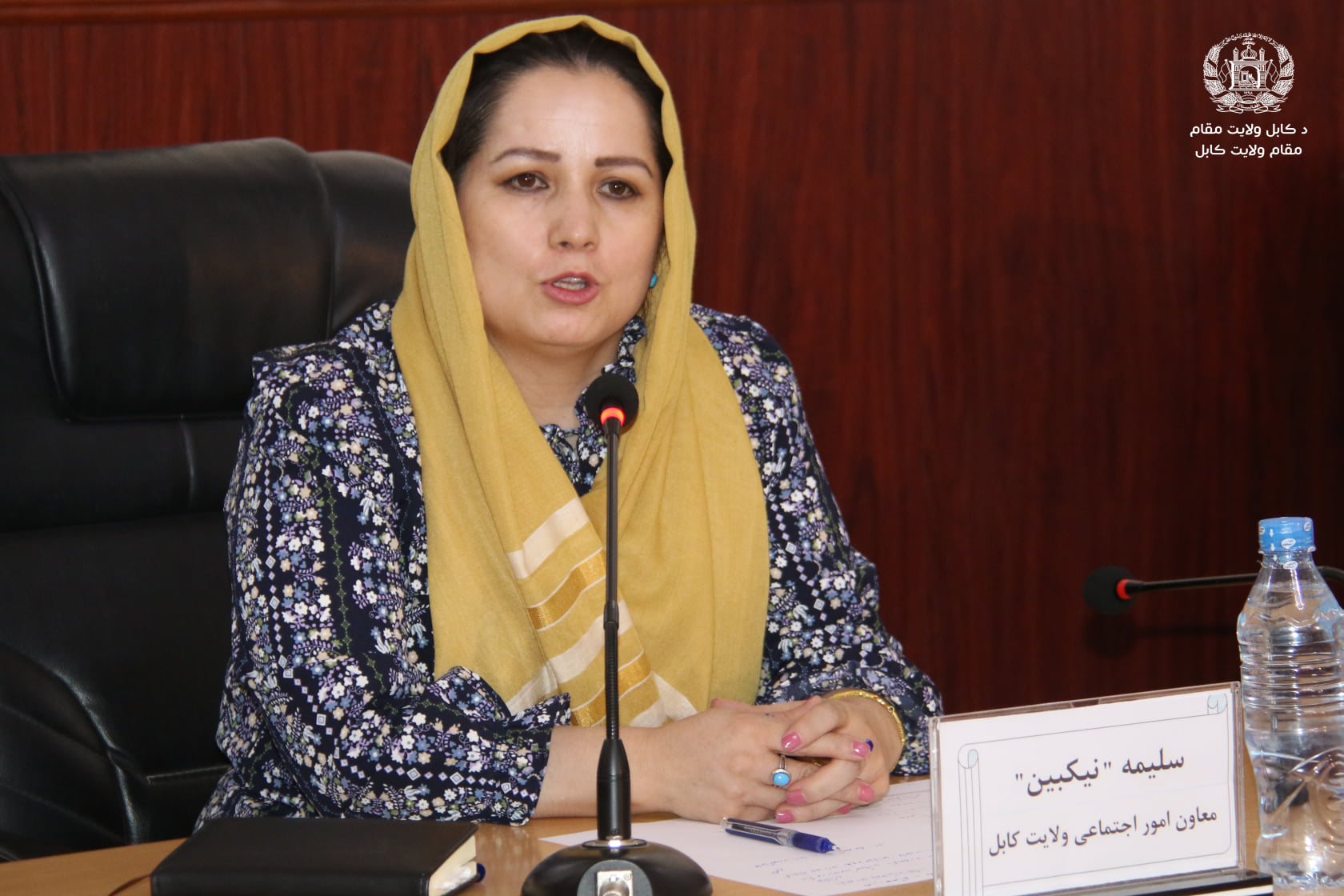 Mrs. Salimah Nikbin was the deputy of social affairs of Kabul Provincial Governor in the last months of Ashraf Ghani’s government. She was dealing with IDPs from different provinces, has also has seen days when the camps, mosques and hotels of Kabul could not accommodate the IDPs of the war, and the parks of the city were full of IDPs, but she still tried with hope. She says that on the 15th of August, she was in her office waiting for a meeting to coordinate more with various government and private institutions to settle the war refugees. “I received a call from the office of the second vice president that the ARG has been evacuated, Kabul has fallen and is in the hands of the Taliban.” She did not believe it at first and laughed at this news. Moments later, she had to leave her office, hold the hands of her husband and children and go to one of her Pashtun friends’ house to be safe from the Taliban.
Mrs. Salimah Nikbin was the deputy of social affairs of Kabul Provincial Governor in the last months of Ashraf Ghani’s government. She was dealing with IDPs from different provinces, has also has seen days when the camps, mosques and hotels of Kabul could not accommodate the IDPs of the war, and the parks of the city were full of IDPs, but she still tried with hope. She says that on the 15th of August, she was in her office waiting for a meeting to coordinate more with various government and private institutions to settle the war refugees. “I received a call from the office of the second vice president that the ARG has been evacuated, Kabul has fallen and is in the hands of the Taliban.” She did not believe it at first and laughed at this news. Moments later, she had to leave her office, hold the hands of her husband and children and go to one of her Pashtun friends’ house to be safe from the Taliban.
During her 41 years of life, Salima has grew up in escaping and refuging, she has seen several collapses and changes in Kabul and remembers its effects on her and her family’s daily life. She was a worthy student of the seventh grade of “Tajwar Sultana” school when Najib’s government fell and with the arrival of the Mujahideen in Kabul, the gates of the schools were closed and it took two years for the situation to return to normal and for the schools to open. After that, she continued to study in this school until the 9th grade and from there, she was introduced to Zarghons High School. A few days before the annual exams, Salima’s dream of becoming a doctor disappeared again and life went downhill. Salima says: “We woke up in the morning and found that the Mujahideen had been defeated and Kabul had fallen into the hands of the Taliban.”
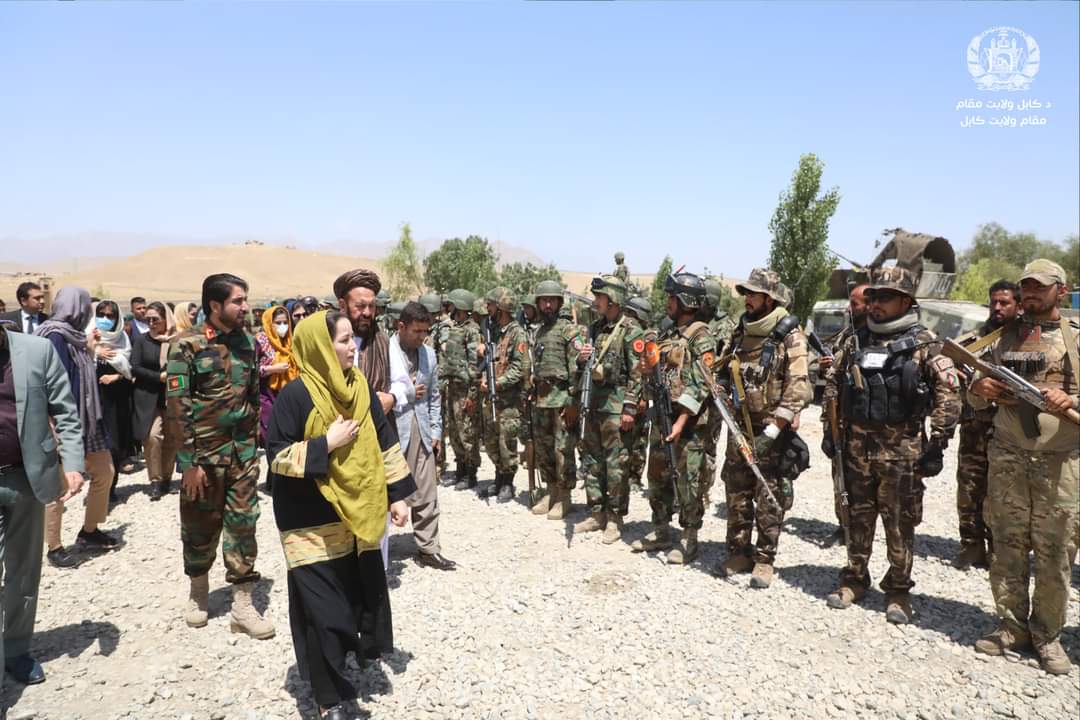 Salima’s father, who was an employee of Najib’s government and had a car repair shop in Taimani area of Kabul during the Mujahideen and civil wars, was arrested twice by the Taliban. The first time Salima’s father and uncle were released by paying less money, the second time when they took only Salima’s father, they also tortured him. Salima says at that time, “Dustom’s” money was common and she remembers that her uncles took two bags of money to the Taliban to free Salima’s father. After that, the family decided to emigrate because under it was impossible for them to live in Kabul under the Taliban rule.
Salima’s father, who was an employee of Najib’s government and had a car repair shop in Taimani area of Kabul during the Mujahideen and civil wars, was arrested twice by the Taliban. The first time Salima’s father and uncle were released by paying less money, the second time when they took only Salima’s father, they also tortured him. Salima says at that time, “Dustom’s” money was common and she remembers that her uncles took two bags of money to the Taliban to free Salima’s father. After that, the family decided to emigrate because under it was impossible for them to live in Kabul under the Taliban rule.
Salima, in the Sadaqabad district of Rawalpindi, Pakistan, could think about becoming a doctor again, although it looked impossible. A worthy student of the 10th grade of Zarghuna High School was taken to the third grade to learn Urdu and English. The school supported by “Agha Khan” Institute operated according to the educational system of Pakistan and accepted students from the Ismaili people of Afghanistan out of goodwill. They lived in this area for six years and Salima had reached the seventh grade. Of course, with many difficulties. Salima’s father worked in a market for two thousand rupees a month, her brothers could not study and her uncles had a vegetable and fruit shop on the street. One of Salima’s uncles, who did not show any interest in migrating to other countries, returned to Kabul first and was later killed in the huge explosion at Zanbaq intersection in Kabul city.
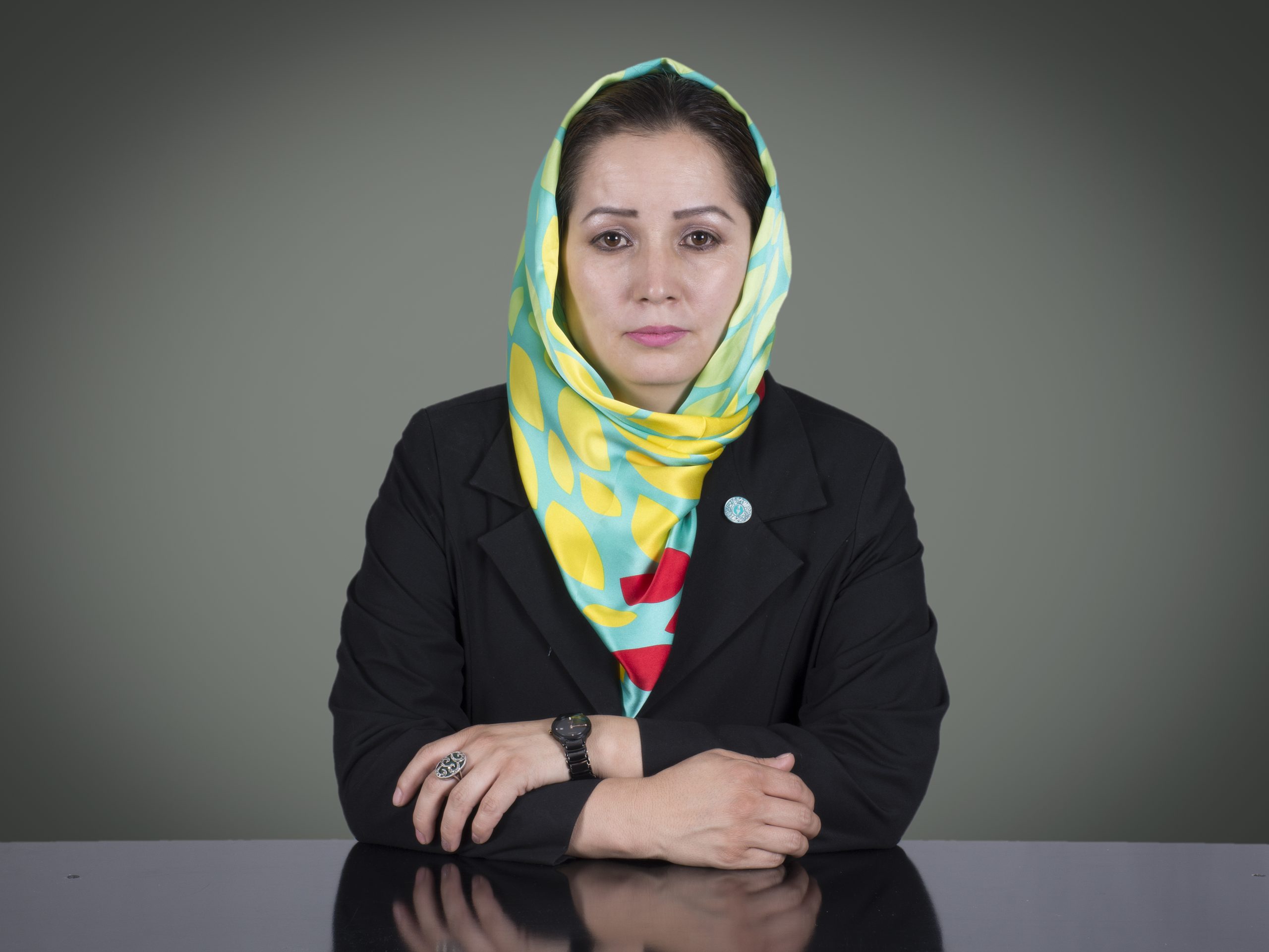 This time, the Taliban were defeated and the era of democracy arrived. Salima’s family, which had just returned from emigration, struggled to restart their life in Kabul. Salima used to go from Taimani to Qala e Fathullah again to study at Zarghuna high school. After three interruptions due to the collapse of the ruling systems and disruption of the education system, this time everyone had hope for the future. Salima started from the 10th grade and finally graduated from school in 2004. She could not prepare to enter a good university to be accepted in the field of medicine; But she was the only girl from the Hazara region of Taimani who got into university, and her father had to take her to Kabul University every morning to study English language and literature, and in the afternoon, he brought her home again so that no one would disturb her.
This time, the Taliban were defeated and the era of democracy arrived. Salima’s family, which had just returned from emigration, struggled to restart their life in Kabul. Salima used to go from Taimani to Qala e Fathullah again to study at Zarghuna high school. After three interruptions due to the collapse of the ruling systems and disruption of the education system, this time everyone had hope for the future. Salima started from the 10th grade and finally graduated from school in 2004. She could not prepare to enter a good university to be accepted in the field of medicine; But she was the only girl from the Hazara region of Taimani who got into university, and her father had to take her to Kabul University every morning to study English language and literature, and in the afternoon, he brought her home again so that no one would disturb her.
At Kabul University, Salima heard strange things and became curious. “Why Hazaras should study?!” And she had heard similar sentences many times from her classmates and professors; She had also seen professors who deliberately lowered the scores of Hazara students. Despite these, Salima graduated from Kabul University in late 2007 and received a bachelor’s degree in English language and literature. As she had worked as a volunteer in the Agha Khan Consul to the moment, she was employed as an official employee there.
In 2009, she married Hessamuddin Nikzad and with her husband’s encouragement, she started political activities. In the parliamentary elections of 2010, she became an independent candidate to get votes from the Ismaili Hazaras and to represent them, and she got 954 votes. She lived in a rental house and she didn’t have money so that she wanted not to lose in the competition and she had to get more votes. Salima says: “I got this amount of votes by being persistent and walking among the people to encourage them to vote to me.” Salima’s rivals were well-known people from wealthy families. From her constituency, Sayed Mansour Naderi, Seyed Davoud Naderi, Farkhunde Zahra Naderi and Jumazadah from the same family entered the parliament. Farkhunde Zahra Naderi, Seyed Mansour Naderi’s daughter gained votes and won. But Salima, who wanted to represent the deprived minority of Ismaili Hazaras, failed. She returned to the Agha Khan Institute and continued working there.
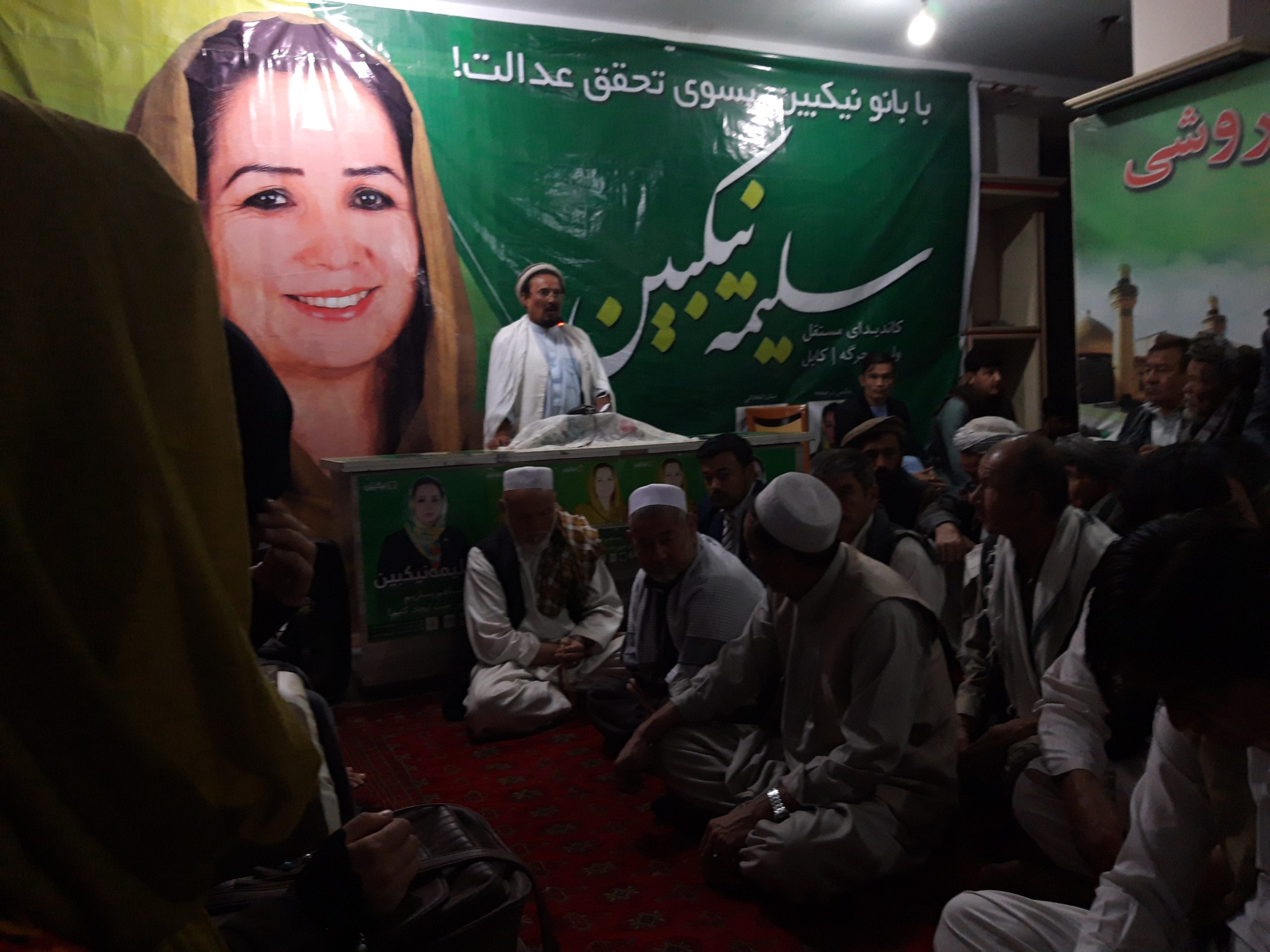 Mrs. Nikbein turned the defeat in the parliamentary elections into a motivation to continue her campaign for the rights of Ismaili Hazaras and Hazaras in general. She went on to study law and political science and finally got a master’s degree in international relations from Ibn Sina University. She now holds two master’s degrees and two bachelor’s degrees. She also knows foreign languages, English and French, and speaks regional languages such as Urdu, Arabic, and Pashtu. Salima saw merit not in belonging to a wealthy family, but in acquiring political skills and knowledge that would lead to correct political action. From the Agha Khan Institute, she went to the Independent Electoral Complaints Commission and was appointed the head of the office of the secretariat of this commission. In this position, she tried to find a place for women in this commission, created the gender committee, established a library for women, and in the representative office of this commission in Bamyan, she was able to appoint a woman as the head of the secretariat. After that, she joined the Electoral Reforms Commission and became the ERC chief of staff.
Mrs. Nikbein turned the defeat in the parliamentary elections into a motivation to continue her campaign for the rights of Ismaili Hazaras and Hazaras in general. She went on to study law and political science and finally got a master’s degree in international relations from Ibn Sina University. She now holds two master’s degrees and two bachelor’s degrees. She also knows foreign languages, English and French, and speaks regional languages such as Urdu, Arabic, and Pashtu. Salima saw merit not in belonging to a wealthy family, but in acquiring political skills and knowledge that would lead to correct political action. From the Agha Khan Institute, she went to the Independent Electoral Complaints Commission and was appointed the head of the office of the secretariat of this commission. In this position, she tried to find a place for women in this commission, created the gender committee, established a library for women, and in the representative office of this commission in Bamyan, she was able to appoint a woman as the head of the secretariat. After that, she joined the Electoral Reforms Commission and became the ERC chief of staff.
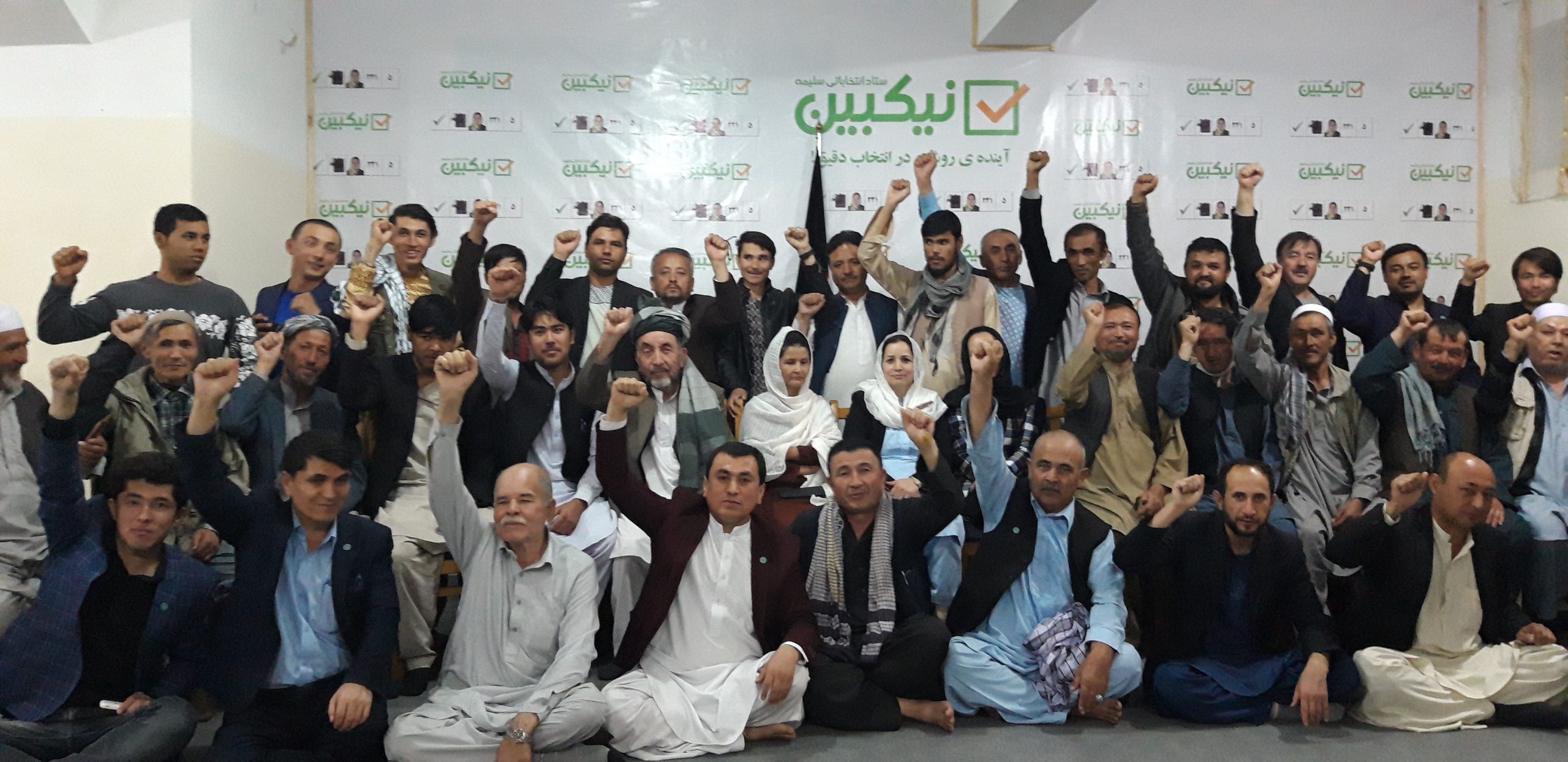 Salima studied at night and worked during the day, and she also took care of her children. She says that the Electoral Reforms Commission was started by the decree of Ashraf Ghani and six months later, the activity of this institution was canceled by the order of Ashraf Ghani as well. After that, Salima became an advisor to the provincial governor of Kabul. She was an employee of the Ministry of Justice for some time until the late parliamentary elections were held in 2018. Mrs. Nikbin, this time with more seriousness and with the consultation of her relatives, entered the election campaign from Kabul province as an independent candidate. “This time I decided to work beyond Ismaili Hazaras,” she says. She also started campaigning in Dasht Barchi, west of Kabul, and finally won hundreds of votes from this area. She was among the winners from Kabul by getting a total of 2,800 votes in the preliminary results announced by the Independent Election Commissions. But in the final results, she was dropped from the list again and, according to herself, her vote was ignored. The IT head of the Independent Election Commission had told her that Salima Nikbin was not going to be declared the winner in the preliminary results. Even though Sarwar Danish, the second vice president of the Republic government, had promised her protection of the votes of the Ismaili Hazaras, she ultimately failed.
Salima studied at night and worked during the day, and she also took care of her children. She says that the Electoral Reforms Commission was started by the decree of Ashraf Ghani and six months later, the activity of this institution was canceled by the order of Ashraf Ghani as well. After that, Salima became an advisor to the provincial governor of Kabul. She was an employee of the Ministry of Justice for some time until the late parliamentary elections were held in 2018. Mrs. Nikbin, this time with more seriousness and with the consultation of her relatives, entered the election campaign from Kabul province as an independent candidate. “This time I decided to work beyond Ismaili Hazaras,” she says. She also started campaigning in Dasht Barchi, west of Kabul, and finally won hundreds of votes from this area. She was among the winners from Kabul by getting a total of 2,800 votes in the preliminary results announced by the Independent Election Commissions. But in the final results, she was dropped from the list again and, according to herself, her vote was ignored. The IT head of the Independent Election Commission had told her that Salima Nikbin was not going to be declared the winner in the preliminary results. Even though Sarwar Danish, the second vice president of the Republic government, had promised her protection of the votes of the Ismaili Hazaras, she ultimately failed.
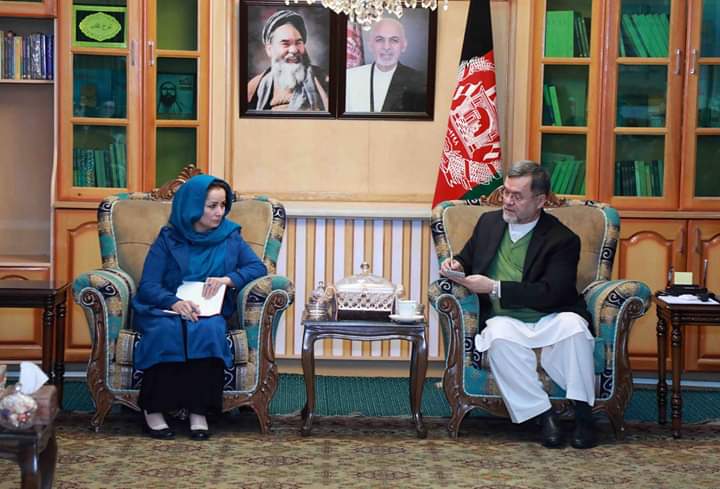 Mrs. Nikbin’s complaints also went nowhere. She says that she went to the second vice president of Ashraf Ghani with her valid documents, even though he had already promised to cooperate and protect the people’s votes, after the announcement of the final results, he turned back from his position and said: “Everything is finished”. Valid documents of Salima, from the amount of votes and their accuracy, could not return the victory to her and the Ismaili Hazaras. With that, Salima says: “The second vice president stood next to me. He supported me as a Hazara girl. Hawa Alam Nuristani, who was the head of the Independent Election Commission, said to Salima’s clients who went to see her to file a lawsuit: “Your candidate was victorious and became a victim.” Also, Zohra Bayan Shinwari, the head of the Electoral Complaints Commission and Maulawi Din Mohammad Azimi, the deputy of the Electoral Complaints Commission, told Salima in a meeting: “You were the winner; But unfortunately, we could not defend your vote.” Azimi adds in the same meeting: “I invalidated the 700 fraudulent votes of Mursal Nabizadeh; But she still found a way. We do not know how. “It was really painful.”
Mrs. Nikbin’s complaints also went nowhere. She says that she went to the second vice president of Ashraf Ghani with her valid documents, even though he had already promised to cooperate and protect the people’s votes, after the announcement of the final results, he turned back from his position and said: “Everything is finished”. Valid documents of Salima, from the amount of votes and their accuracy, could not return the victory to her and the Ismaili Hazaras. With that, Salima says: “The second vice president stood next to me. He supported me as a Hazara girl. Hawa Alam Nuristani, who was the head of the Independent Election Commission, said to Salima’s clients who went to see her to file a lawsuit: “Your candidate was victorious and became a victim.” Also, Zohra Bayan Shinwari, the head of the Electoral Complaints Commission and Maulawi Din Mohammad Azimi, the deputy of the Electoral Complaints Commission, told Salima in a meeting: “You were the winner; But unfortunately, we could not defend your vote.” Azimi adds in the same meeting: “I invalidated the 700 fraudulent votes of Mursal Nabizadeh; But she still found a way. We do not know how. “It was really painful.”
This time, Salima may have cursed her luck and also learned that without belonging to political parties and currents, as well as a wealthy and powerful family, to reach the position of people’s representative is to pass Haftkhwan Rostam, or (too many challenges and difficulties) and even if someone has 2,800 votes or more votes than their rivals.
This time three MPs, Gholam Hosseain Naseri, Ahmad Shah Ramadan and Seyyed Abdul Qayyum Sajjadi, decided to support Salima by writing a proposal and collecting signatures from 72 MPs, they asked Ashraf Ghani to restore justice and because Nikbin had the vote of a winning candidate and her right her was wasted by the powerful candidates, to nominate her as the senator of the Ismaili minority religious group in the Senate. Nikbin sent this request wherever she could; Security Council, Administrative Affairs Office of the president and anywhere else; But luck was not with her. This time, Mohammad Akbari and Siddiqa Balkhi were appointed as senators by Ashraf Ghani. After the presidential election in 2019, Mrs. Nikbeen was offered the position of deputy provincial governor of Kabul, she went and gave an interview and after a year, she was able to go to her office and work. Salima was still in the post of deputy governor of Kabul when the Taliban arrived again and captured Kabul once more without any fighting.


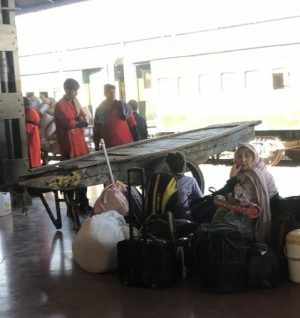
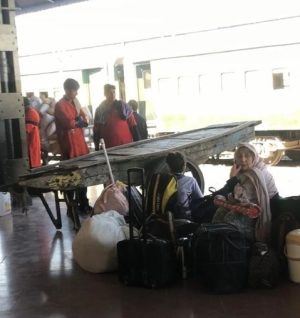
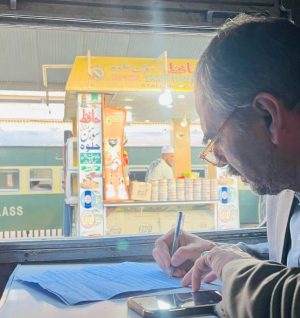
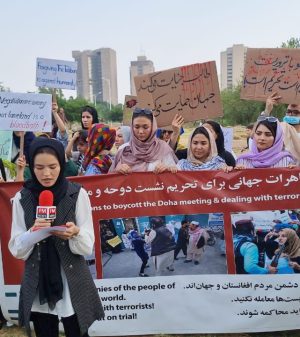
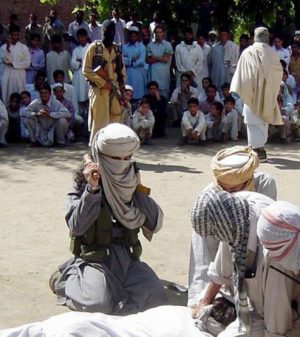
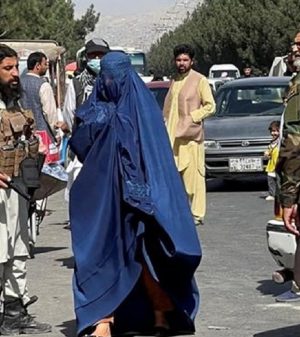
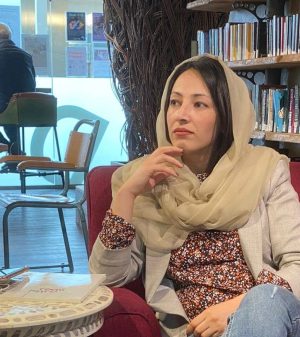

Add Comment